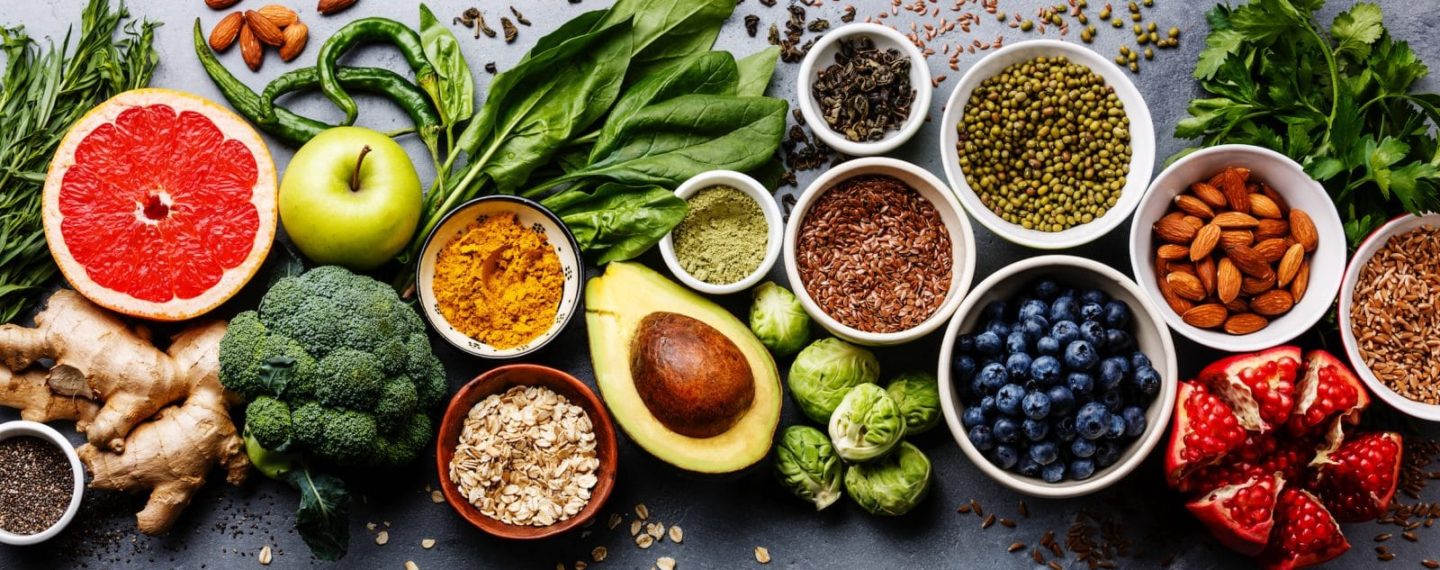Is veganism the healthiest way to eat? Is it a dangerous fad? Or is it something in between?
Veganism is a lifestyle that excludes all animal products and attempts to limit the exploitation of animals as much as possible. Vegans avoid meat, chicken, fish, shellfish, eggs, dairy, and honey, as well as any other products containing animal-derived additives. They eat various plant foods, including fruits, vegetables, whole grains, legumes, nuts, seeds, and products made from these foods.
Health
Some health reasons why people choose veganism.
For example, plant-based diets may reduce your risk of heart disease, type 2 diabetes, cancer, and premature death.
Lowering your intake of animal products may likewise reduce your risk of Alzheimer’s disease.
some also choose veganism to avoid the side effects linked to the antibiotics and hormones used in modern animal agriculture.
Going vegan can change your gut bacteria for the better.
Some people may choose these diets to lose weight. Studies have consistently link vegan diets to a lower body weight and body mass index (BMI).
Ethics & Environment
Ethical vegans strongly believe that all creatures have the right to life and freedom.Animal agriculture tends to be a water-intensive process and up to 43 times more water is needed to produce the same amount of cereal grains. Animal agriculture can also lead to deforestation. A 2010 United Nations (UN) report argued that these products generally require more resources and cause higher greenhouse gas emissions than plant-based options.
A Word of Caution
A nutritionally complete vegan diet takes a bit of planning, and in some cases, supplements may be necessary like Vitamin B12 and omega 3, which primarily come from animal products. Also if you are going to discontinue milk then almond or coconut milk do not substitute the calcium and protein content of cow’s milk.


Some really good articles on this web site , thankyou for contribution. Esme Reid Sula